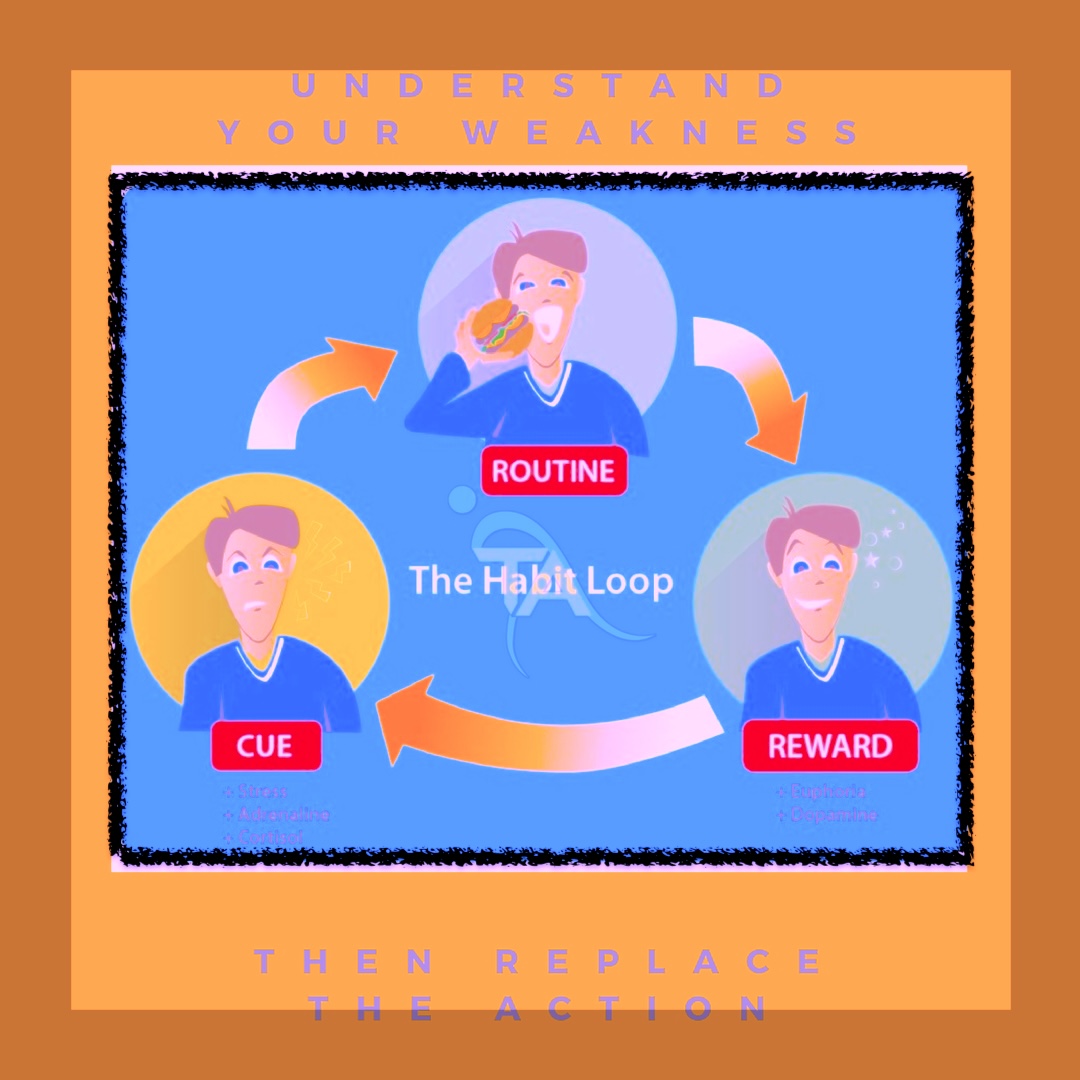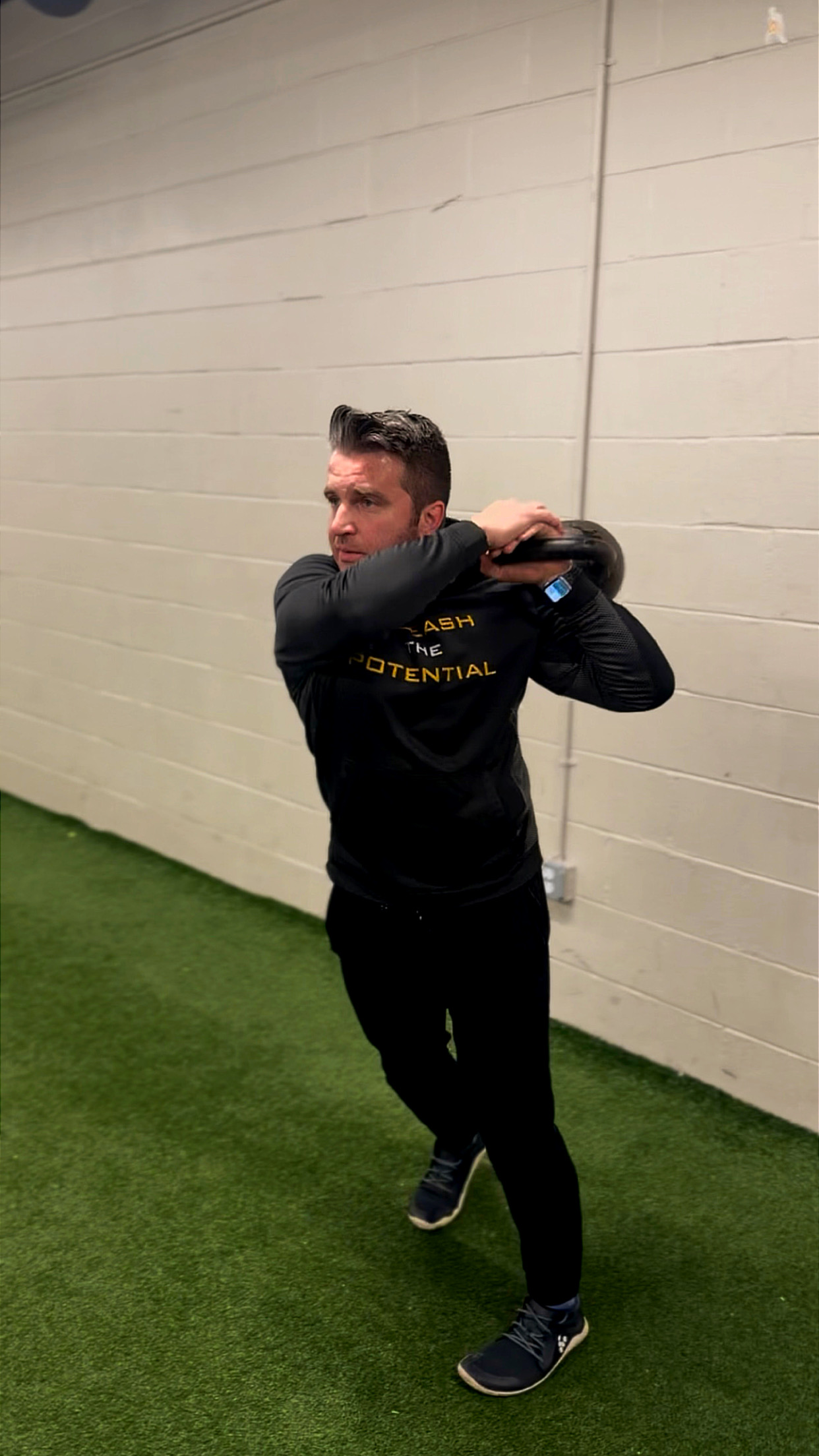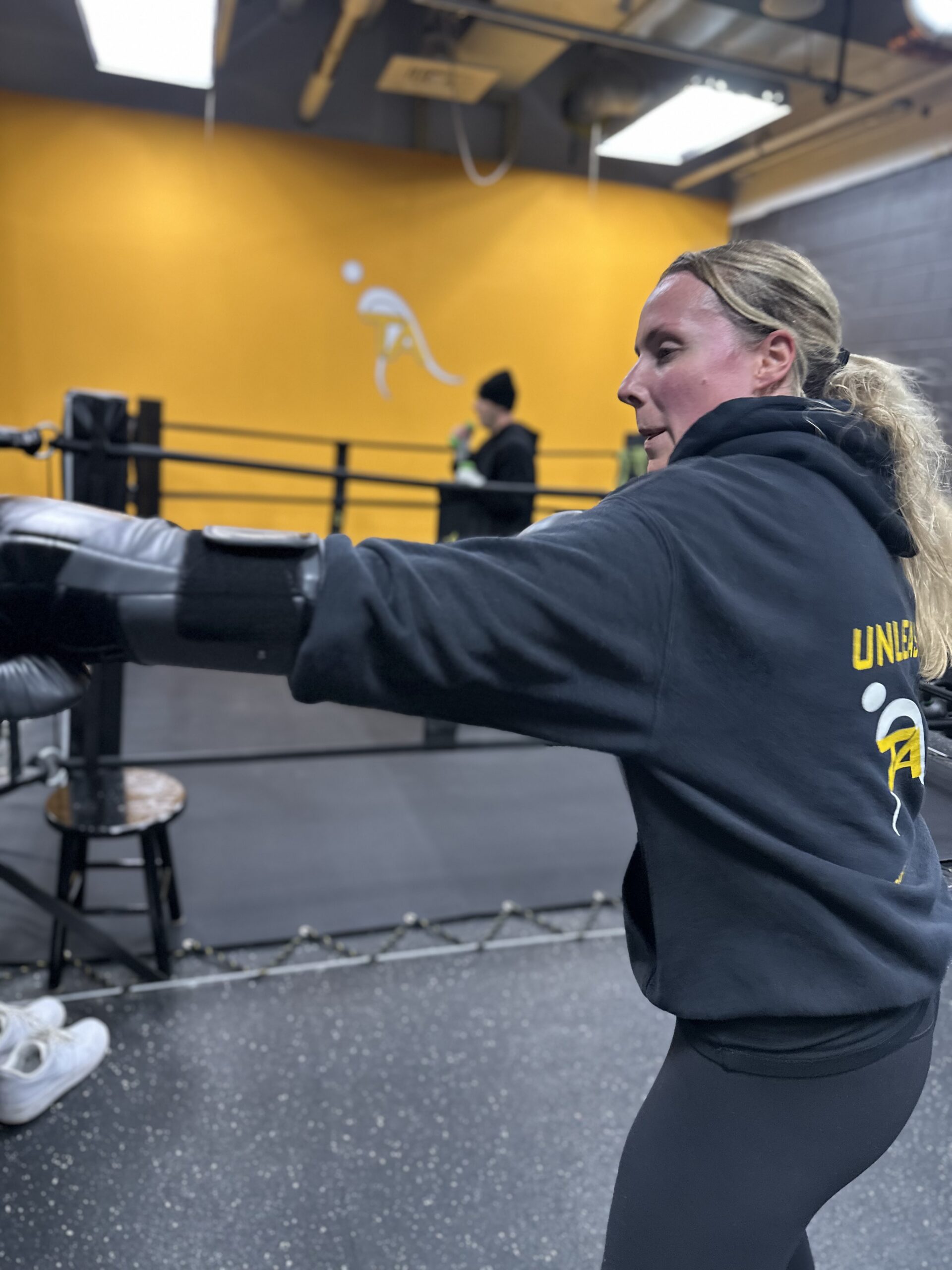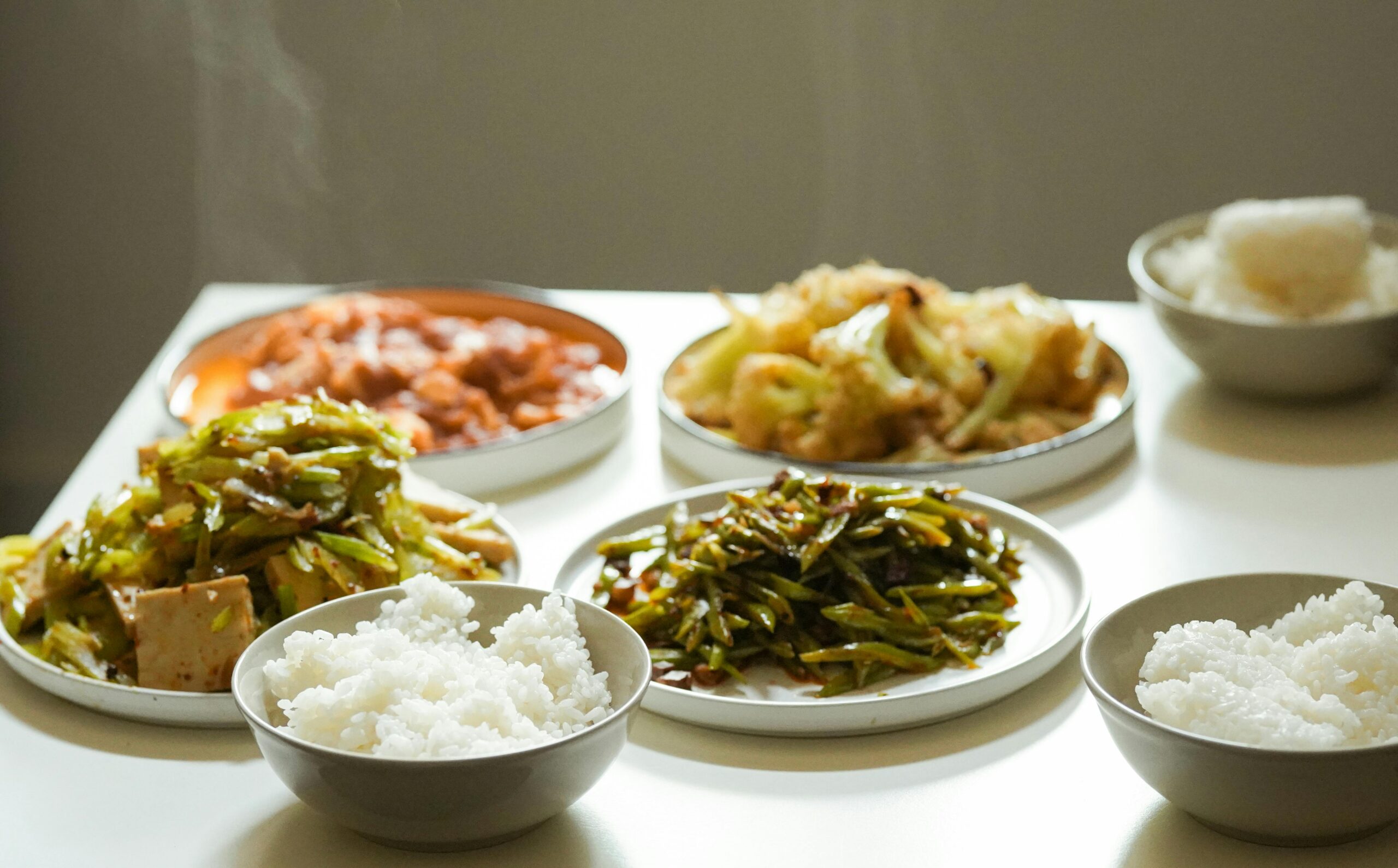Use habits as a cheat code to unleash your potential!

The good bad and the ugly:
It’s extremely important to understand why some actions feel easier for some and more challenging for others. To unleash potential, we must first understand the mechanism that needs to be overcome. I often hear, “You just have to stop,” or “You just have to do it!” I don’t disagree—without action, there can be no change. However, if you’ve never worked out before and I asked you to walk in and deadlift 500 lbs… could you do it?
The body’s mechanism for creating habits is designed to promote efficiency. The less energy it takes to complete an activity, the more energy is preserved—bringing a person one step closer to long-term survival. When it’s a positive habit, this system is amazing. But what if it’s a bad habit?
Once a habit is created, the only way to overcome it is to form a stronger one that takes precedence. For example, when you walk into a movie theater and smell popcorn, most people immediately crave an overpriced bag of popcorn, candy, and soda. Movie theaters have conditioned this habit into the public. Another mechanism at play here is known as the habit loop.
The habit loop explains how the brain responds to triggers. Walking into a fast food restaurant—even if you’ve already eaten—the smell becomes the cue. Once the cue is triggered, the craving kicks in and pushes you toward the routine—in this case, eating the burger. Afterward, you’re in the reward phase. If it’s a good habit, you’ll feel satisfied. If it’s a bad one, you may feel regret and wonder why you caved. The cue, routine, and reward are the three steps that define a habit that’s reached stage 4 of competence—meaning the body acts automatically without conscious thought.
Once a habit has reached this unconscious level, the most effective way to change it is by replacing the routine, or by introducing a stronger cue that overrides the original one.
So, what does this mean?
👉 Don’t let a bad habit reach stage 4 of competence. Stop it before it becomes automatic.
For example, when walking into a movie theater, plan ahead and decide what can replace the routine. If the smell just triggers hunger, is there a healthier alternative you can bring? Maybe the habit isn’t about popcorn—it’s just about snacking during a movie.
Or maybe eating a full meal beforehand helps eliminate the desire altogether.
Habits can be incredibly helpful—or incredibly harmful. Understanding how they work gives you the power to take control and use habits for good.
Written by:
Kirill Vaks
BA, CSCS
Take action… Now!
Voorhees Flyers Training center.
The Hollydell ice arena, in the main building.



